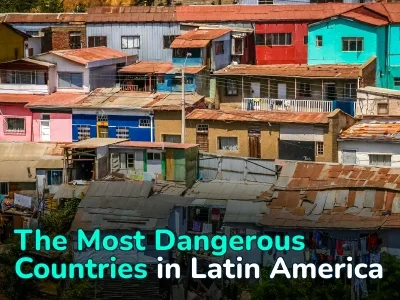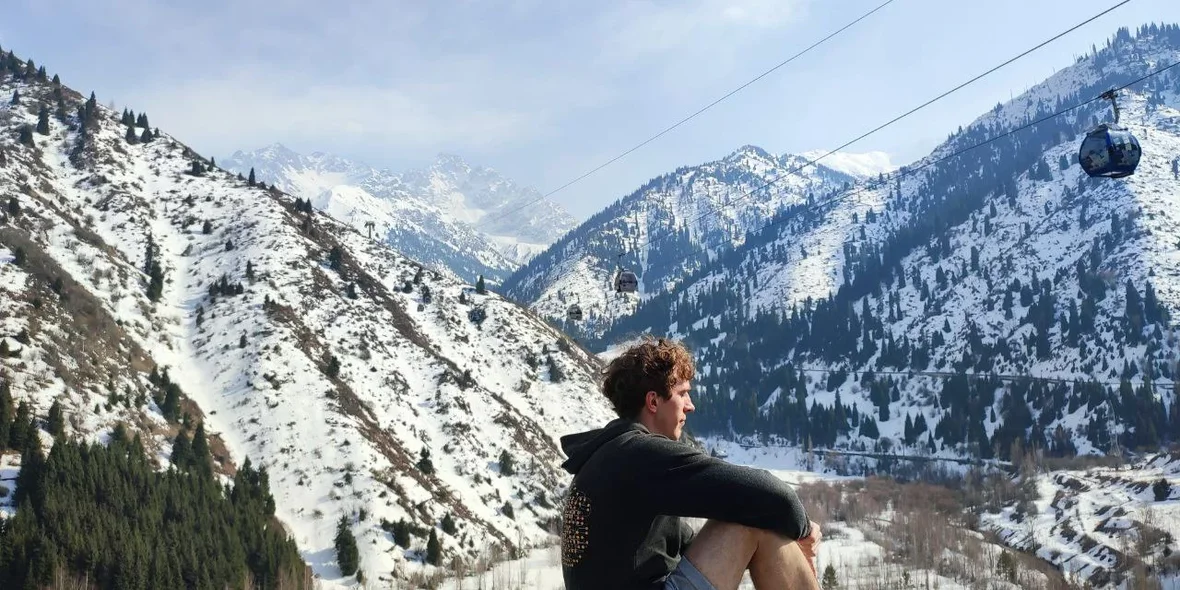
“Salary with which it will be comfortable to live here—plus or minus $1000.” Pros and cons of living in Kazakhstan, prices, nature, and government services
What is the standard of living in Kazakhstan compared to Europe? How much money do you need for a comfortable life? How do you formalize your activities if you work remotely? Alexei Dral told us about the pros and cons of living in Kazakhstan, obtaining a residence permit, and rental prices.
“To get a residence permit, you need to work officially in Kazakhstan.”
— I am 35 years old. I am the founder and director of BigData Team KZ. We are engaged in IT training, modern development in working with big data and scaling computing.
At work, I do everything, both operating and teaching. The bonus is that I love teaching and am glad to have the opportunity to benefit people who want to learn.
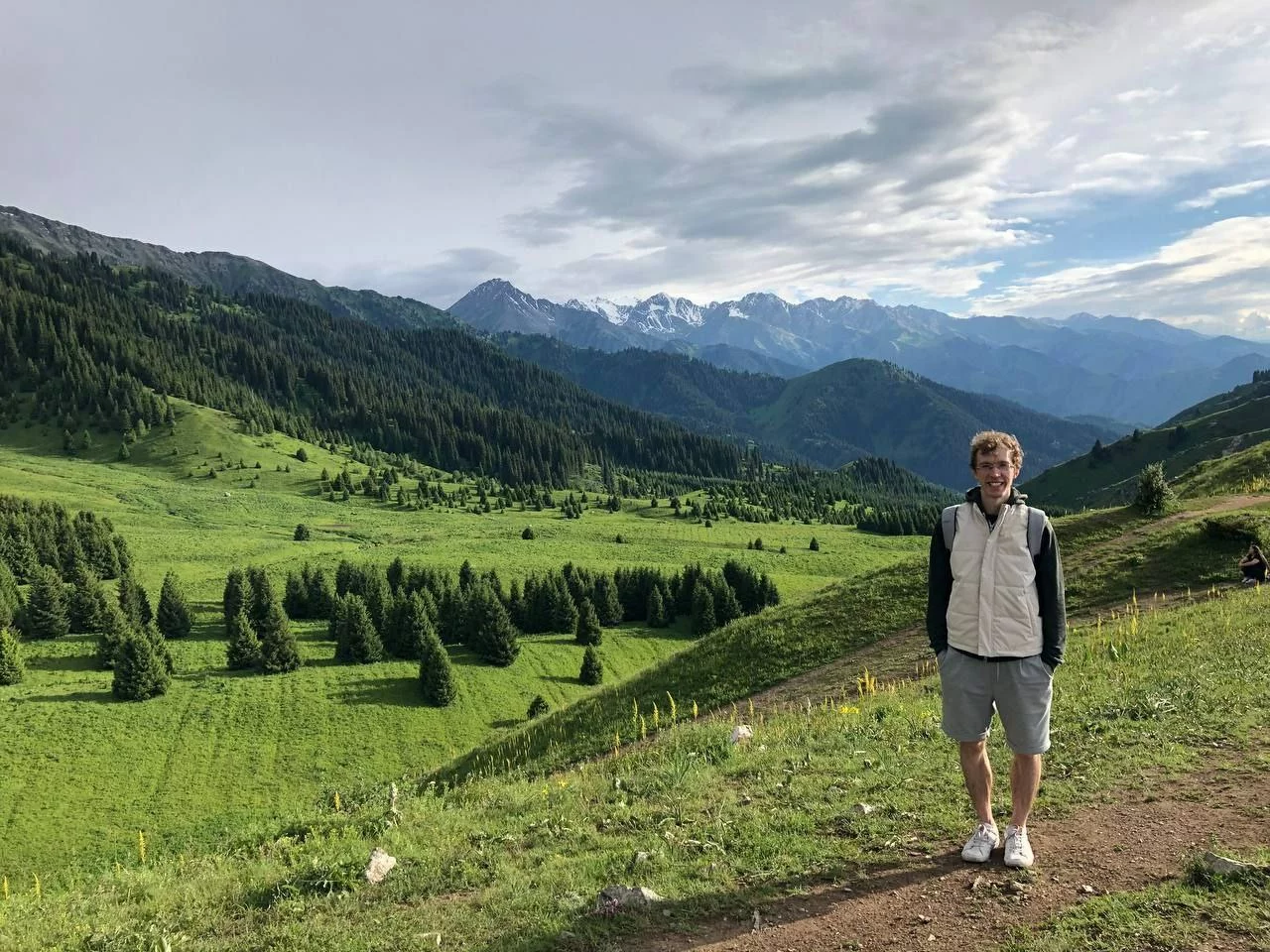
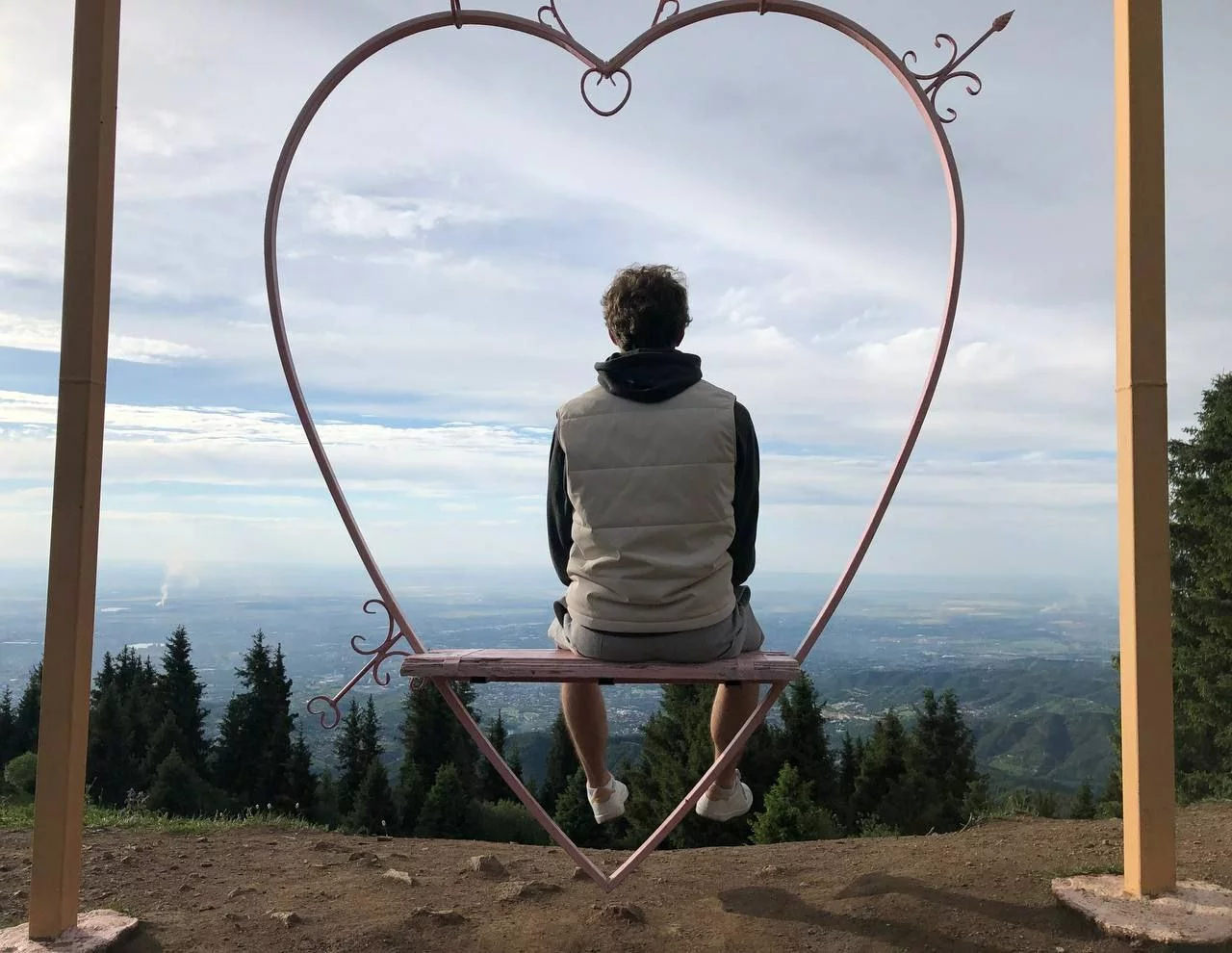
— I've been living in Kazakhstan for a year and a half, and I've settled in Almaty. By now, I have already received a residence permit. It is quite an unpopular story in terms of the ease of obtaining it. But I was lucky to get it quickly, as I opened a company here upon arrival, and on the basis of this, our team got into the local IT hub—Astana Hub. Thus, we also received certain preferences for our business.
Plus, we have been working in Kazakhstan for a number of years. I personally came here in 2018-19 to teach as part of various initiatives (e.g., Yessenov Foundation, Summer School for the Development of Human Resources) and spoke at conferences for the financial and IT sectors. Therefore, I had already applied for a residence permit with letters of recommendation from local colleagues.
If you reside in Kazakhstan as a tourist, you can currently stay here for a maximum of 90 days out of every 180 days. For the next 90 days, you will need to leave the country.
But the most popular option is to obtain a temporary residence permit. To do this, you need to officially work in Kazakhstan and receive a salary here.
That is, if you work remotely, you need to formalize your activities in Kazakhstan. For example, you can open an LLP. It is not so difficult to do this, and the cost of accounting services here is not so expensive. But you will immediately close all questions in terms of the legalization of your income and legal residence in Kazakhstan for any period of time.
“It is cheaper to live in Kazakhstan than in Europe.”
— If you compare prices in Kazakhstan with Singapore and London, they are decently lower here. If you compare prices in Kazakhstan with Moscow, they used to be lower, but due to the strong fall of the ruble recently, the prices here are already comparable.
In general, it is cheaper to live here than in Europe. At the same time, everything you need for life is available. If something is missing, you can order it either from China or America—delivery services work very well.
Again, how much money you need to live in Kazakhstan depends on whether we are talking about one person or a family.
Rent prices vary from one neighborhood to the next. Many people say that prices have risen with the increased demand from those who have immigrated to Kazakhstan recently.
Two people can find accommodation for 300,000 tenge ($650). And you can find a one- or two-bedroom apartment a little farther away, but still in convenient locations, for 200,000–250,000 tenge ($430–$540). Of course, you can rent for 500,000 ($1080) or a million ($2160). It all depends on your wishes.
For food, you can add 200,000 tenge ($430)—this is quite a realistic figure, even taking into account delivery for two people. I have acquaintances who eat like this and spend about 120–150,000 tenge for two people.
Accordingly, the salary with which it will be comfortable to live in Kazakhstan will be plus or minus 500,000 tenge ($1080). If we include visits to restaurants and the possibility of going on vacation, it will be enough to earn about one million tenge ($2160).
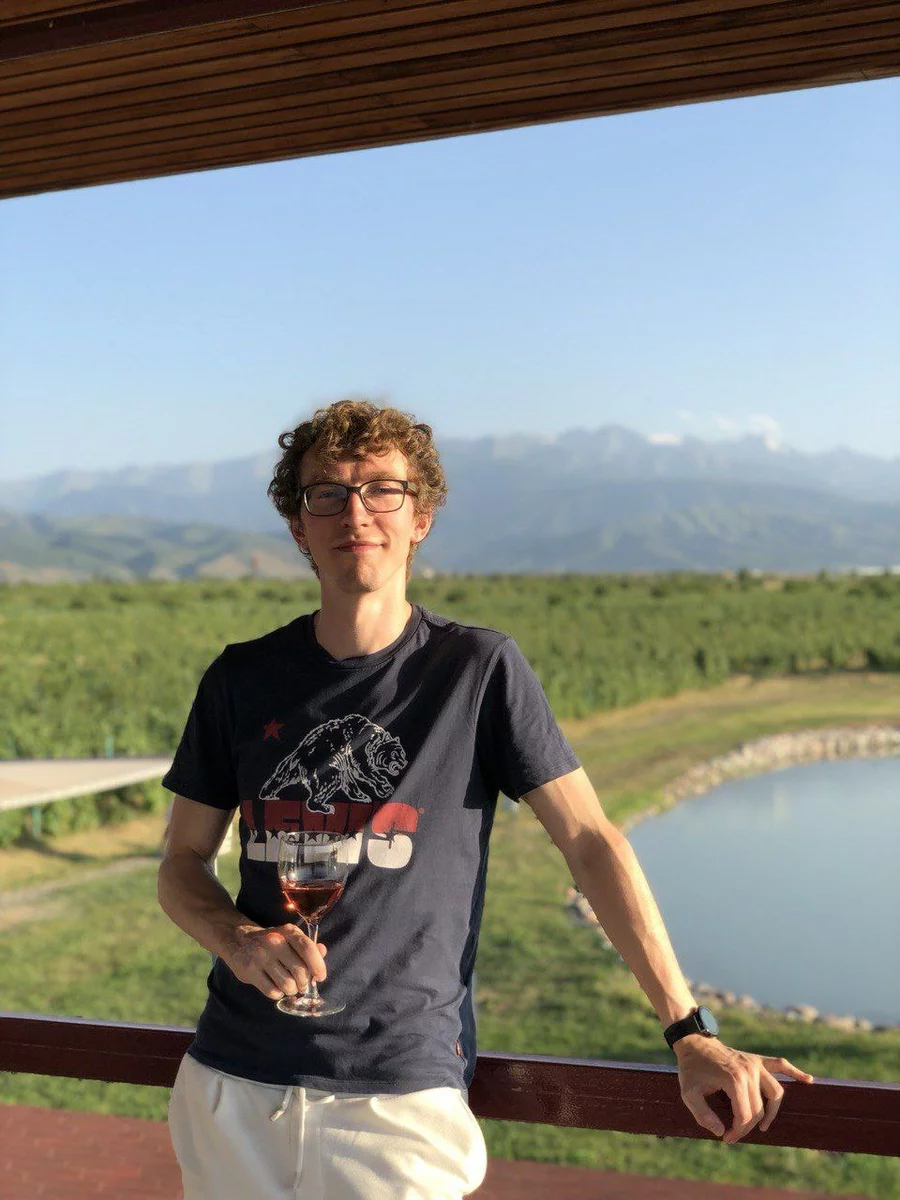

— Returning to real estate, it is worth noting that one thing is a rental history and another is the direct purchase of housing. You can look at the index of demand for real estate in Kazakhstan, which is growing from year to year, and be guided by it. However, as in any business, details are important: what object you want to buy, for what purposes, etc.
Based on the latest ads I've seen, the cost of a nice two- or three-bedroom apartment right in the center of the city is around $150,000.
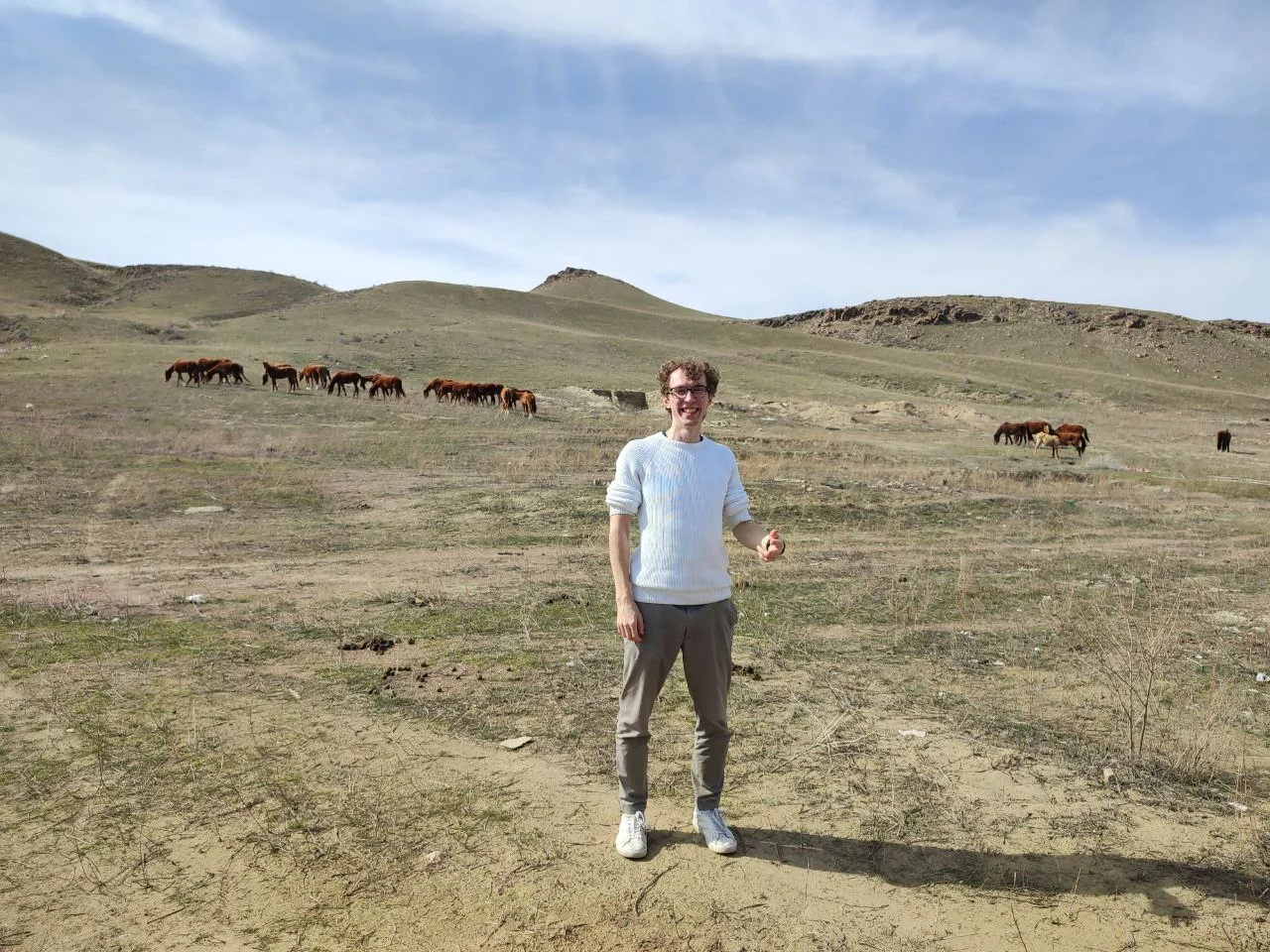
“Kazakhstan is a pretty good hub in terms of flights.”
— I'll start my story about the pros and cons of living in Kazakhstan with the latter.
For me, the minus is the local banking system. On the one hand, it is well-developed, but on the other hand, non-standard tasks are often solved quite slowly. I am already used to solving my questions within a few trips to the bank.
The air in Almaty is also a disadvantage. Local residents especially complain about it. There is hope that the coal-fired power plant here will be replaced by a gas-fired one, and the clean air will be better.
It is still difficult for me to get used to the local water supply. I have changed five locations for a year and a half for various reasons, and everywhere there is a problem with hot water. You may have to wait 10–20 minutes for hot water. In the winter, this issue is solved because the batteries warm up, but in the summer, there is such a moment.
There are also nuances with medicine. In general, it is good in the country, but from the experience of my acquaintances, I can say that it is quite difficult to stop at one polyclinic—for each request, you need to look for a specific good specialist.
Unfortunately, in Kazakhstan, you can encounter a kind of “medical racketeering”. I had such a sad experience when I came to the hospital with a fracture. The essence of the message was as follows: If you pay into my pocket, we will do well; if not, we will do badly. I hope that such problems will be eradicated over time.
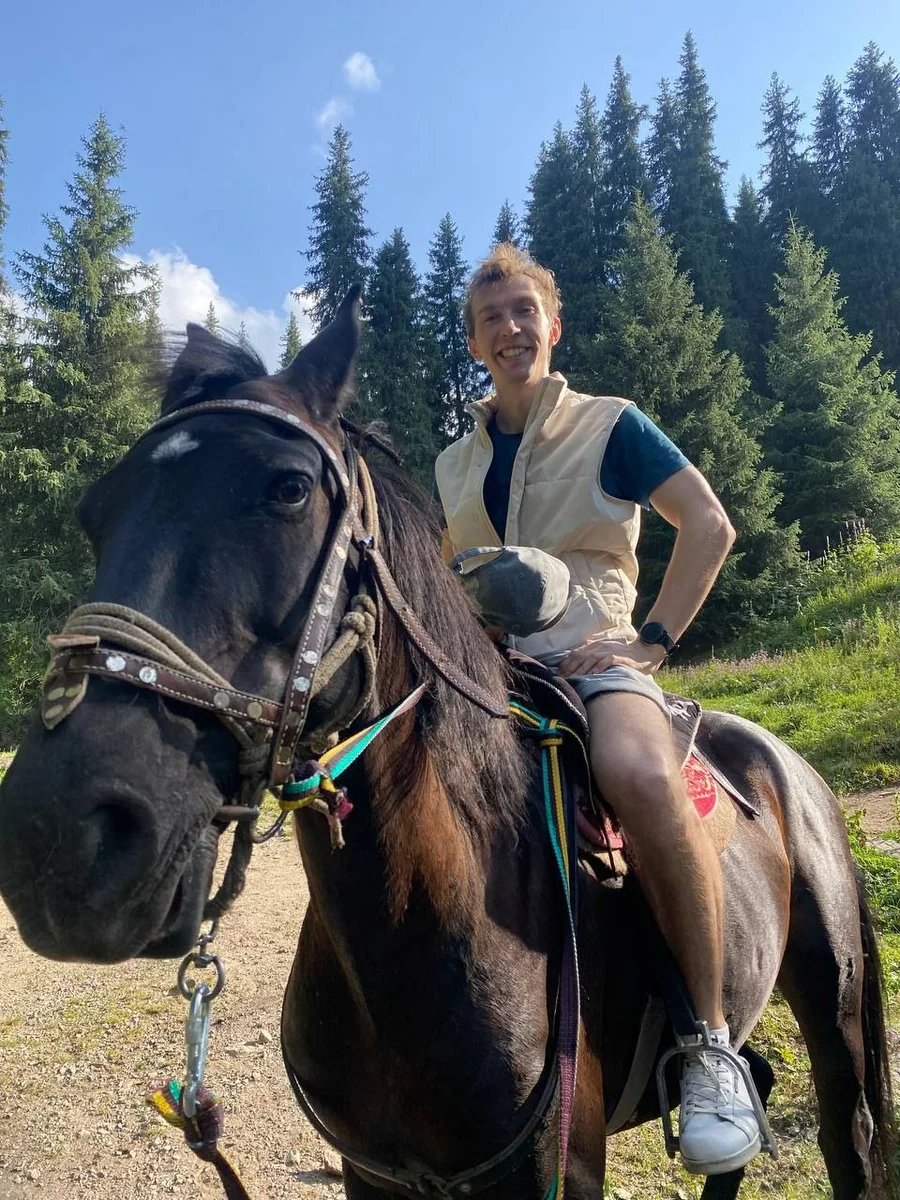
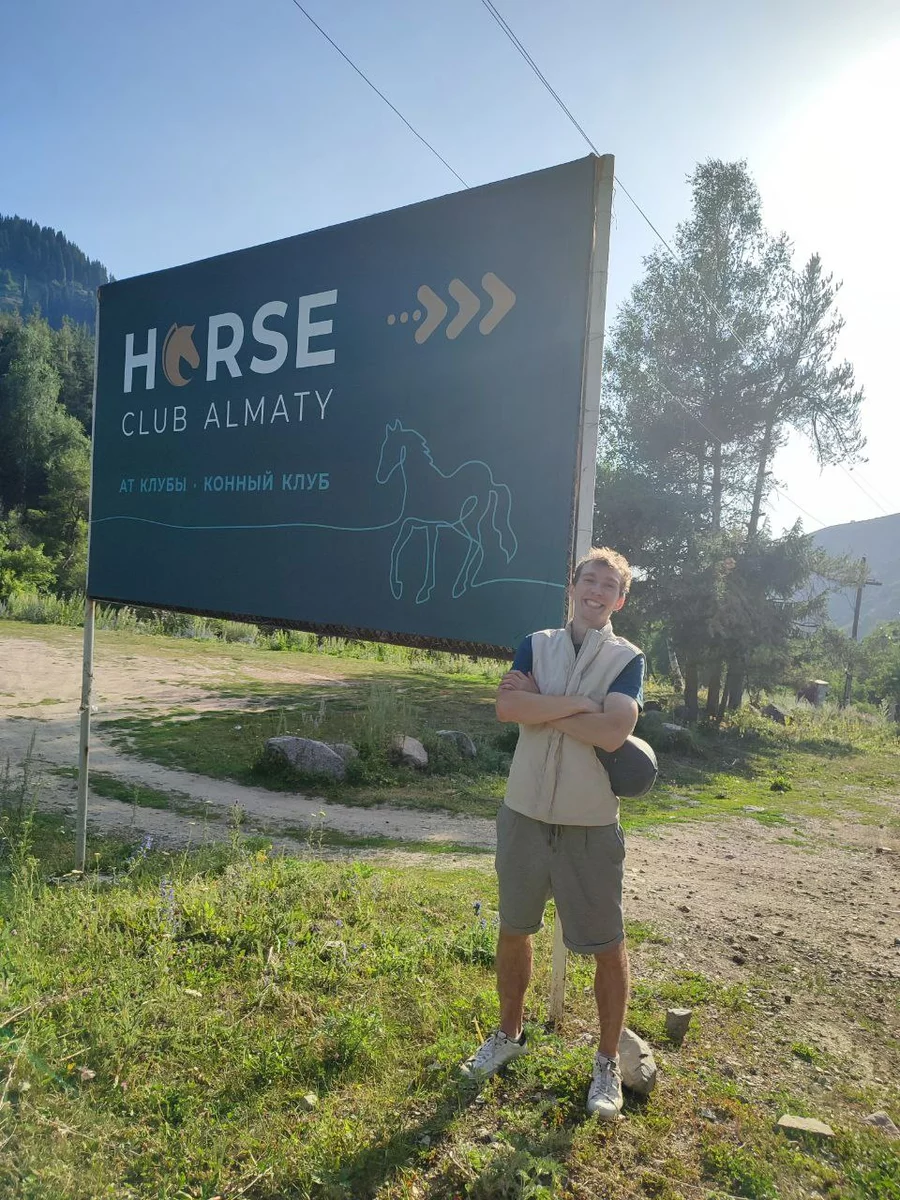
— The main plus of living in Kazakhstan is, of course, the people, their mentality, and their hospitality. If you need help, the locals will not leave you in trouble. I personally have a lot of acquaintances here who, at first, helped me a lot in dealing with the questions of moving.
The second plus, which I note for myself, is nature and incredibly beautiful landscapes. Where else can you get to the mountains in 40 minutes by public transportation and spend only $0.17? Since I love the mountains, this is a huge advantage. You can constantly find new trails, get inspired, breathe, and go to waterfalls.
Third plus: Kazakhstan is a pretty good hub in terms of flights. Of course, getting from here to Europe is a bit far, but in terms of traveling further—to Vietnam or Malaysia—many flights are made through Almaty. If we speak about Air Astana, they have direct flights to Frankfurt, Amsterdam, and, with a technical transfer, London. Therefore, there are all kinds of possibilities for traveling.
Another plus is government services, with the help of which many issues can be solved online. The only catch is that, if you are not a citizen of Kazakhstan, you almost always need to personally visit this or that institution in order to resolve business and tax-related issues. And sometimes you even have to fly to Astana. I hope that over the years, this problem will disappear. It is important that people here are ready to listen, hear, and change something.
The tax system can also be considered a plus, especially if you are involved in the IT sector. There are separate offshore zones for those involved in finance, blockchain, and the like. This is handled by the International Financial Center Astana (IFCA), where all activities related to finance are registered. The bonus is that business there is conducted in accordance with English law. It is also used to resolve conflicting situations.
I personally feel very comfortable living in Kazakhstan. I get a lot of pleasure and support from the guys who have lived here for years. People who come here with businesses, particularly educational ones, are very welcome. The locals, in general, are focused on attracting those who are oriented towards the development of their country.
Do you want to share your personal experience of relocating and living in another country? Email us at info@realting.com. We will be happy to tell your story.
Author
I am responsible for editorial work. I write expert interviews and guides.























